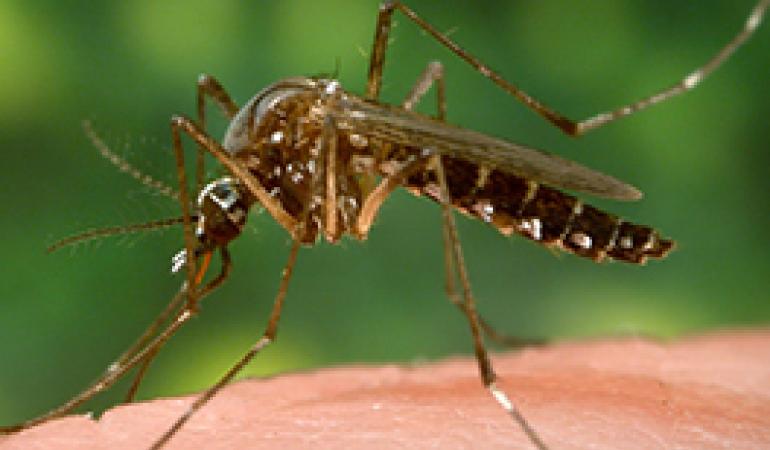
Since May 2015, there has been a Zika virus outbreak in South and Central America, including the Caribbean. The Zika virus can cause birth defects, including microcephaly (small head size). Although the WHO has lifted the international emergency situation, alertness about the Zika virus is still needed. Women who are pregnant or may become pregnant still have to take the Zika virus into account when they want to travel. RIVM reiterates the travel advice for regions where Zika virus is present.
Travel advice
Pregnant women who would like to travel to a country with a high risk of contracting the Zika virus are advised to postpone their trip until after pregnancy. Women who may become pregnant and travel to a country where the Zika virus is present are advised to postpone pregnancy until at least one month after their return. More information can be found on the Zika Virus and Pregnancy page.
Sexual contact
The Zika virus can be transmitted sporadically via sexual contact. The virus has been found in sperm. However, the risk of becoming infected with the Zika virus is deemed to be very small. To prevent contamination altogether, men who have visited countries with a high risk of contracting the Zika virus are advised to use a condom for two months; certainly when they have sexual contact with a pregnant woman. See also the Zika Virus and Pregnancy page.
Zika virus
The Zika virus is mainly spread by the yellow fever mosquito or dengue mosquito (Aedes aegypti) . This mosquito does not occur naturally in the Netherlands. An infection with the Zika virus is usually fairly mild. Most people have no symptoms at all. However, it has been scientifically proven that an infection during pregnancy may cause harm to the unborn child.